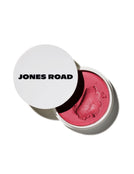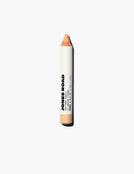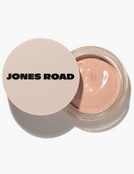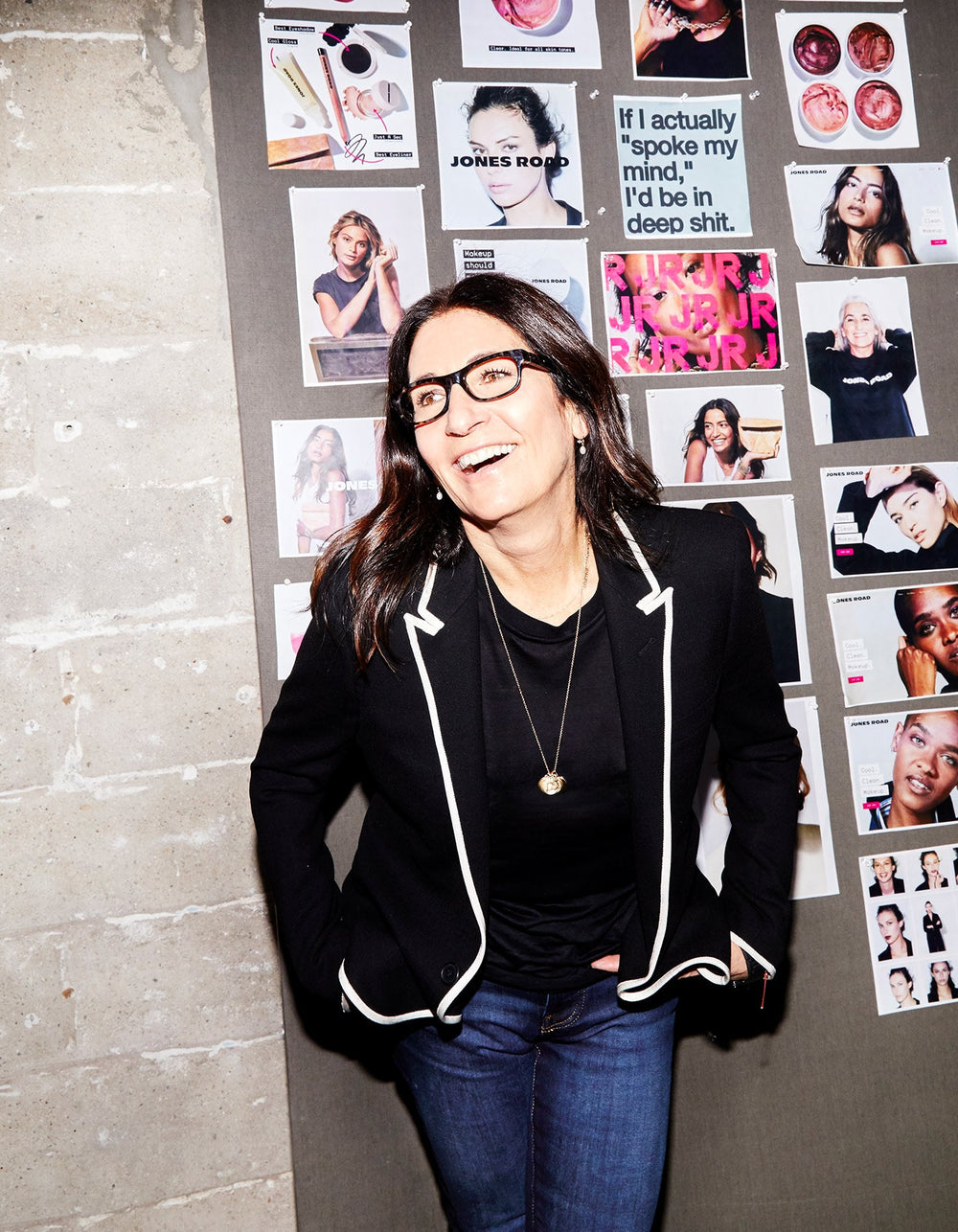
There are so many things we’re told to eat less of, it’s easy to tune out. Well, please tune in because I’m here to say there’s something that you may think falls under the “eat less” umbrella that doesn’t have to be, and that something is salt. No food, aside from maybe coffee, has been demonized without justification as much as salt has. Talk of salt being unhealthy should be…taken with a grain of salt.
The main source of sodium intake in the US is from processed and packaged foods. Processed food accounts for 77% of salt consumption. The salt added during cooking is negligible in comparison. If you eat a fairly unprocessed diet, chances are your salt intake is low, perhaps too low. It’s also important to note that if you’re on any food plan where you’re reducing carbs or sugar, you’re going to retain less salt and might need to consciously increase salt intake. Caffeine intake also decreases sodium, so if you’re a green tea or coffee drinker, you need a little more salt.
I spend a large percentage of my client sessions focused on weight management. Most people don’t realize that low salt diets are not recommended if you have a weight loss goal as they can increase insulin resistance. Insulin helps the kidneys retain more sodium, so it’s called upon when sodium is low. Aside from weight management, insulin resistance plays a role in diabetes, heart disease, and cancer. There’s also some interesting new research on salt and reward or dopamine pathways. The hypothesis is that being low in salt makes you crave sugar (and all addictive substances) more.

If you’re thinking, increasing your salt intake would make your blood pressure go up, I don’t blame you. After all, that’s what we’re generally told—but it might be the complete opposite. Researchers have found that the less sodium consumed the greater the risk of dying from heart disease. A large study, known as the Intersalt study, compared salt intake with blood pressure in 52 international research centers. They found no relationship between salt intake and high blood pressure. If blood pressure is a concern a better approach, than lowering salt, is to increase dietary potassium. Potassium is known to lower pressure so bring on the avocados, watermelon, greens and sweet potatoes. One note- it’s not advised to supplement potassium, stick to high potassium foods.

Types of Salt
Table salt, which is what’s in the salt shaker and salt packets at restaurants, isn't your best bet. It’s highly processed and often contains anti-caking agents and other additives. The salt I use and recommend most is Kosher salt. It’s free of these additives and less expensive than specialty salts. Some say that Kosher salt has less sodium than table salt but that’s just because less fits in a spoon as the crystals are larger. Himalayan salt is often touted as the healthiest, as it contains minerals table salt processes out. But I wouldn’t rely on Himalayan or any other salt for anything beyond sodium.
And let’s not forget the taste. Most people think of saltiness when they think of the flavor of salt, but salt actually magnifies sweetness and counters bitterness. So, aside from the usual places I add salt to our family smoothies, I add salt to coffee, one to enhance sweetness and the other to mellow the bitterness. Salt is great for kids or anyone who doesn’t love vegetables. With the cruciferous veggies, (broccoli, cauliflower, Brussels sprouts) salt will decrease the bitterness.
So, while I stand by advice to decrease sugar and processed foods, you don’t have to worry about cutting salt. Next time you’re asked “salt or no salt” on that margarita, you know what I’d suggest... (kidding, sort of).
 Miracle Balm
Miracle Balm
 The Face Pencil
The Face Pencil
 What The Foundation
What The Foundation


